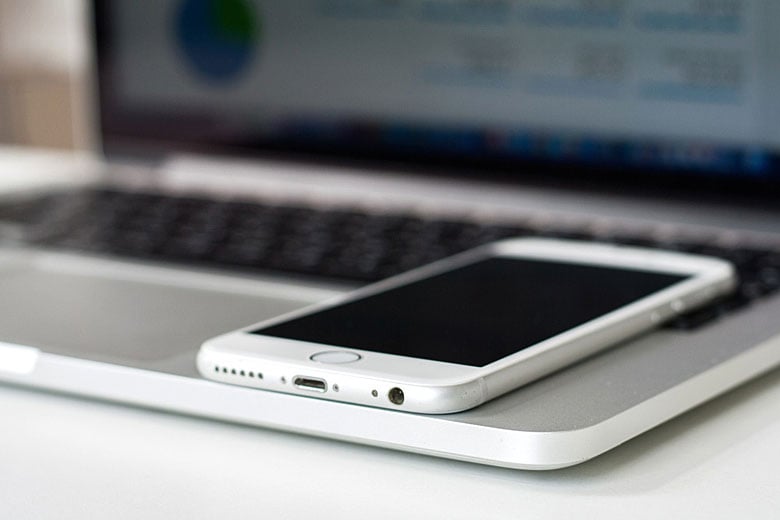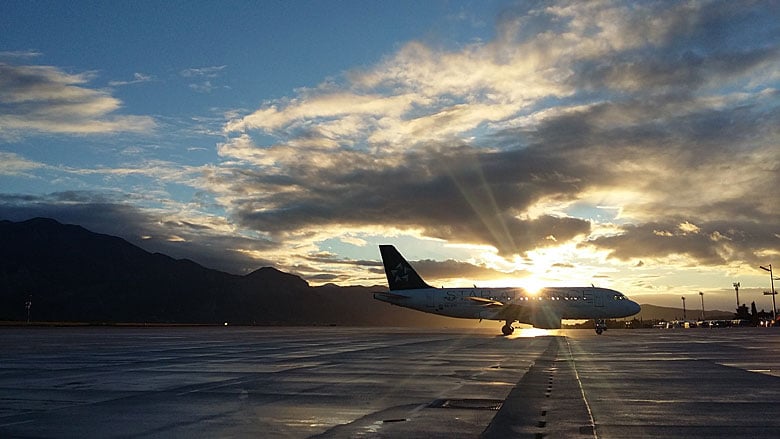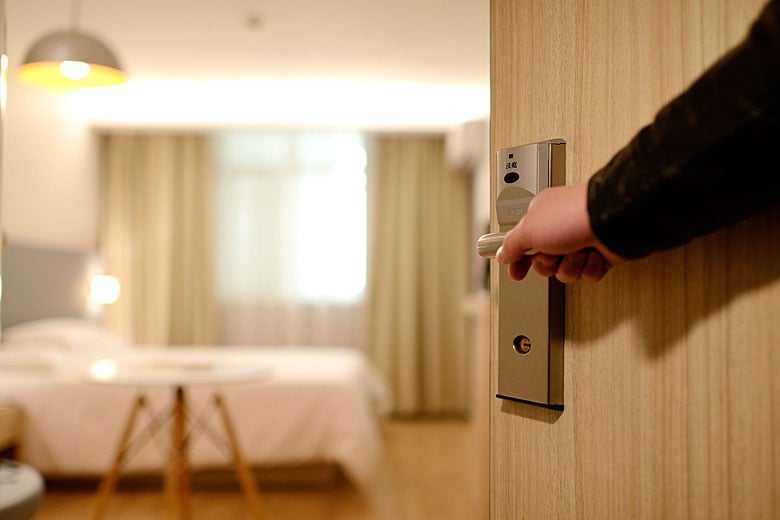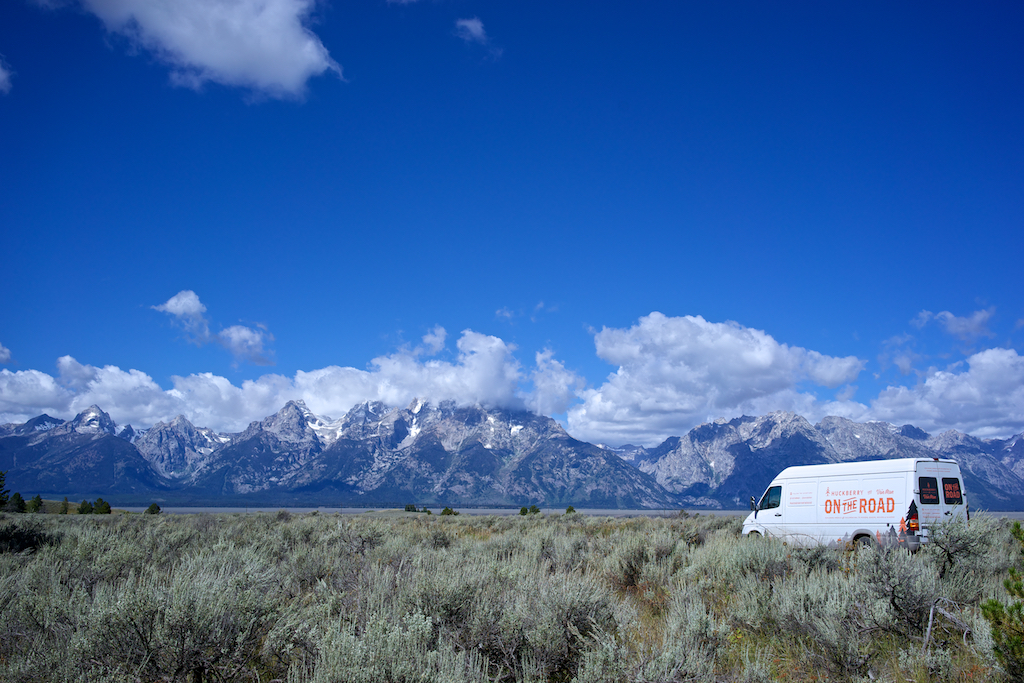Around the Globe: Tips to Make Your International Travel Safer
Around the Globe: Tips to Make Your International Travel Safer
The appeal of international travel is undeniable and visiting another country can be a life-changing adventure. It’s a chance to meet new people, experience another culture and sample amazing cuisine. However, being in an entirely new world also brings risks. From the relatively minor, (such as picking up a mild case of food poisoning) to the deadly serious (like getting caught in a civil war). Still, millions of people travel safely every year and you can too.
The following tips can help you come home from a grand adventure with nothing but souvenirs and happy memories to show for it.
Before You Go

Preparing for a trip can be fun; think of buying new clothes and choosing which cities to visit. However, if you want to truly enjoy yourself and have a healthy, safe vacation, you’ll need to lay some groundwork first.
Visit the Doctor
International travel requires you to be current on routine vaccinations. Depending on your destination, you may also need to be vaccinated against diseases like cholera or typhoid. You can find lists of recommended vaccines and information about current health crises around the world at the Centers for Disease Control and Prevention (CDC) and the World Health Organization (WHO).
Additionally, be aware that some countries have bans on specific drugs. For example, codeine is banned in Hong Kong. Do some research to make sure your medications aren’t banned in countries you’re either passing through or visiting. If they’re banned, contact each country’s embassy and get permission to carry those medications with you, or speak with your doctor about prescription alternatives.
You should also get a letter from your physician describing your health conditions and the medications you’re taking. You’ll want this in case you’re questioned at customs. Additionally, make sure to leave your prescriptions in their marked containers during your travels.
Check for Travel Advisories
Travel advisories can help you be aware of any civil unrest, terrorism, armed conflict or crime in your destination country before you get there. The State Department’s Bureau of Consular Affairs releases travel advisories with real-time information about every country in the world, indicating if they’re safe to visit or if they’re flagged as “do not travel” location.
Check the State Deparment website for updates and enroll in the Smart Traveler Enrollment Program (STEP), which allows the US Embassy to send direct alerts and contact you in an emergency.
Get Your Technology Travel Ready

It’s rare that people go anywhere without their cell phones, laptops or other mobile devices and vacations are no exception. Before you hop on the plane, take the following steps to secure your technology.
Clear All Phones and Computers. Remove any information you want to keep secure. That includes erasing your passwords and usernames from your browser history and favorite sites. Move personal and business files to the cloud, update your antivirus software and enable your firewall.
Prepare Your Phone in Advance. Ensure you’ll be able to use it after you land. Either add an international roaming plan to your phone or purchase a prepaid disposable phone and add an international SIM card.
Make Electronic Copies of All Critical Documents. This includes your passport, visa, plane tickets, medical records and itinerary. Share these copies with a family member or friend and save the files on a mobile device so you can access them if needed.
Secure Your Home
Run a home security assessment before you leave. If you don’t have motion-activated lights or a security system, consider investing in them. Look for a system that allows you to monitor your home remotely so you can have peace of mind, even when you’re thousands of miles away.
With all the doors and windows locked and a good security system in place, you still want people to think someone is actually home. Ask a neighbor or friend to visit your house at various times of the day to turn lights on and off, pick up papers outside and have a car temporarily parked in the driveway.
Finally, think twice about posting your vacation plans on social media. You may think everyone is enjoying your pictures of white sand beaches or gothic cathedrals, but odds are at least one criminal is out there taking notes.
After You Arrive

The minute you arrive in an exotic location, it’s easy to switch into vacation mode. Don’t let that be an excuse for dropping your guard. Follow these tips so your holiday doesn’t get derailed.
Get to Your Destination Safely
Always make safe choices when traveling by car in another country. “The majority of deaths from road traffic crashes (90%) occur in low and middle income countries, many of which are the same countries frequented by Western tourists and business people,” says Lloyd Figgins, an international risk expert. Avoid potential problems with some of Figgins’ additional advice.
Always Wear a Seatbelt. If there aren’t any in the vehicle, find another cab.
Sit Behind the Driver. When traveling alone in a cab, you should sit directly behind the driver and not in the front seat to have the best chance of exiting the vehicle quickly if needed.
Don’t Travel at Night. Once the sun is gone, there’s a greater chance you’ll be involved in an accident. This is particularly true in developing countries where cars and streets often lack working lights.
Use Map Programs to Ensure Your Route is Correct. Using a GPS or map app can help you keep track of where you’re going and speak up if the driver seems to be taking you on a roundabout way to increase the fare.
Secure Your Accommodations

Once you get to your hotel, ask for a room that’s not on the ground floor, as those are the easiest targets for burglaries. Getting a room on the second floor is preferable, as many times you’re still close enough to the ground to lower yourself from a window in an emergency.
You should also select a hotel that has installed electronic locks. Many times, physical keys are hung behind the reception desk, giving a criminal a perfect view of who’s in and who’s out of the hotel rooms.
Ensure your room has a working lock, deadlock and peephole. If the room is missing any of these features, ask to be moved. Finally before you go anywhere, tell a family member, friend or the hotel receptionist where you’ll be going and about when you’ll be back so someone can expect your return.
Don’t Become a Victim
Chances are you’ll have an amazing vacation that goes off without a hitch. As a tourist though, you may be a target for crooks. Always be aware of your surroundings to avoid becoming the victim of a scam or crime. Pickpocketing and identity theft are two of the biggest things to be aware of when traveling internationally and there’s no end to the tricks thieves will use to get your valuables or your personal information.
Keep any cash, credit cards, IDs and checks you won’t be using locked in your hotel room safe. Rather than carrying a wallet or purse, purchase a money belt to keep your documents secure under your clothes. Even with a money belt, you should still separate your valuables into different locations on your body so if you do get pickpocketed, you won’t lose everything. Never hang a purse or bag off the back of your chair; place it in your lap or at your feet and wrap the straps around your leg.
Additionally, you’ll need to protect yourself from identify theft. When using computers in public locations, don’t enter any personal information or use your credit card. In general, use cash whenever possible. If you do become the victim of a crime, don’t be a hero. Give up your belongings quickly. Once you’re safe, report the incident to the authorities or the nearest US Consulate.
After You Return Home

Once you return home, finalize a few things to avoid any future issues from your trip. Check your credit card and bank statements for anything unusual, such as double charges or purchases you didn’t make and report anything suspicious. You”ll also need to remove any international calling, texting or data packages you added to your phone plan. Lastly, change your passwords and pin numbers on your phone, computer and bank cards to foil any attempts at identity theft.
After all these preparations, hopefully the trip is everything you want it to be. You’ll likely come home with amazing memories, an urge to do it all again and the confidence that you can plan another safe excursion overseas.
Editor-in-Chief’s Note: Scott Bay is a Digital Journalist that reports on the latest technology trends. He specializes in travel, design and the Internet of Things. He also dabbles in furniture design and if he’s not working, he’s traveling. You can keep in touch with Scott on Instagram!











Discussion